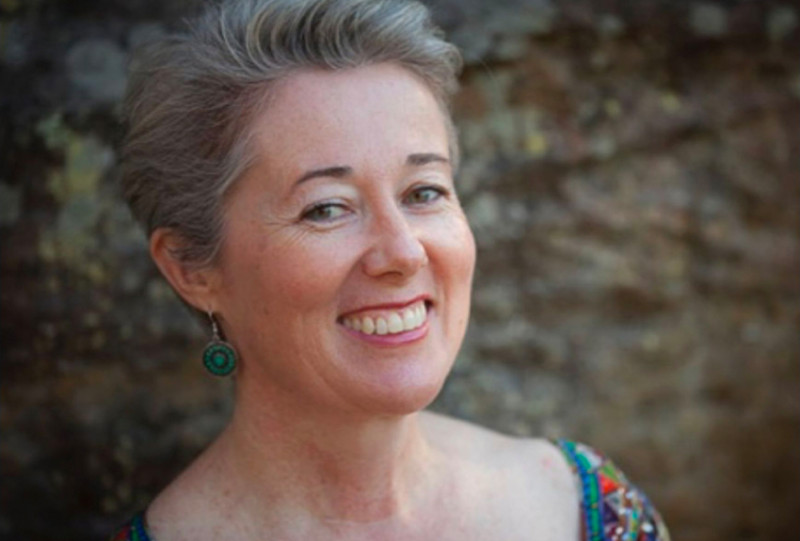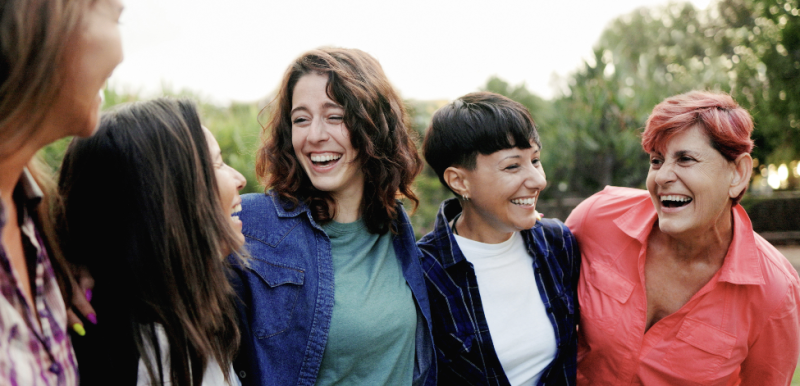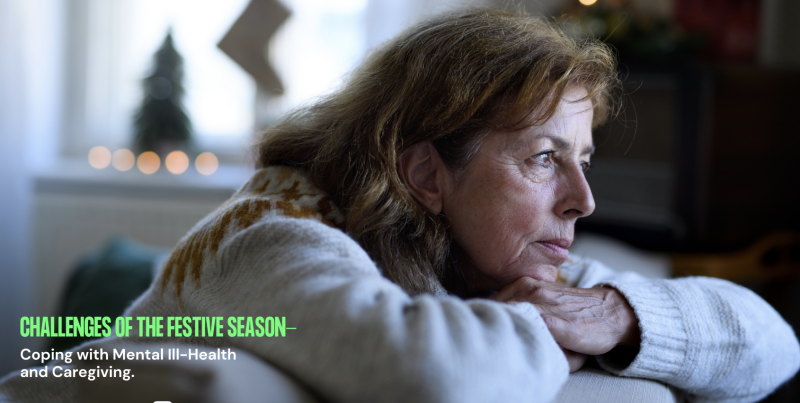High school was a struggle… the noisy classrooms, the social expectations, the endless demands. When I first started skipping school and flunking out of class it was put down to my early diagnosis of bipolar at 14 and the trauma I had experienced from a young age.
My undergraduate degree was similar, and I found it really difficult to be in class; the noise, the social expectations, the endless demands.
It wasn’t until I started learning about the lived experience of autism that I started to explore whether that’s what was going on for me too. I related a lot to most aspects, but particularly sensory difficulties, the need for routine and having difficulty knowing what to do in social situations.
After years of unsuccessful therapy, I took myself to a new psychologist. This time to do a comprehensive assessment. I learnt that while I do have bipolar and complex post-traumatic stress disorder, I also have autism and ADHD.
I learnt about how I was overstimulated in the classroom, I learnt about how high-masking I had been and how much social interaction took out of me, and I learnt about executive functioning and how trying to manage the endless demands were impacted by my neurodivergence.









